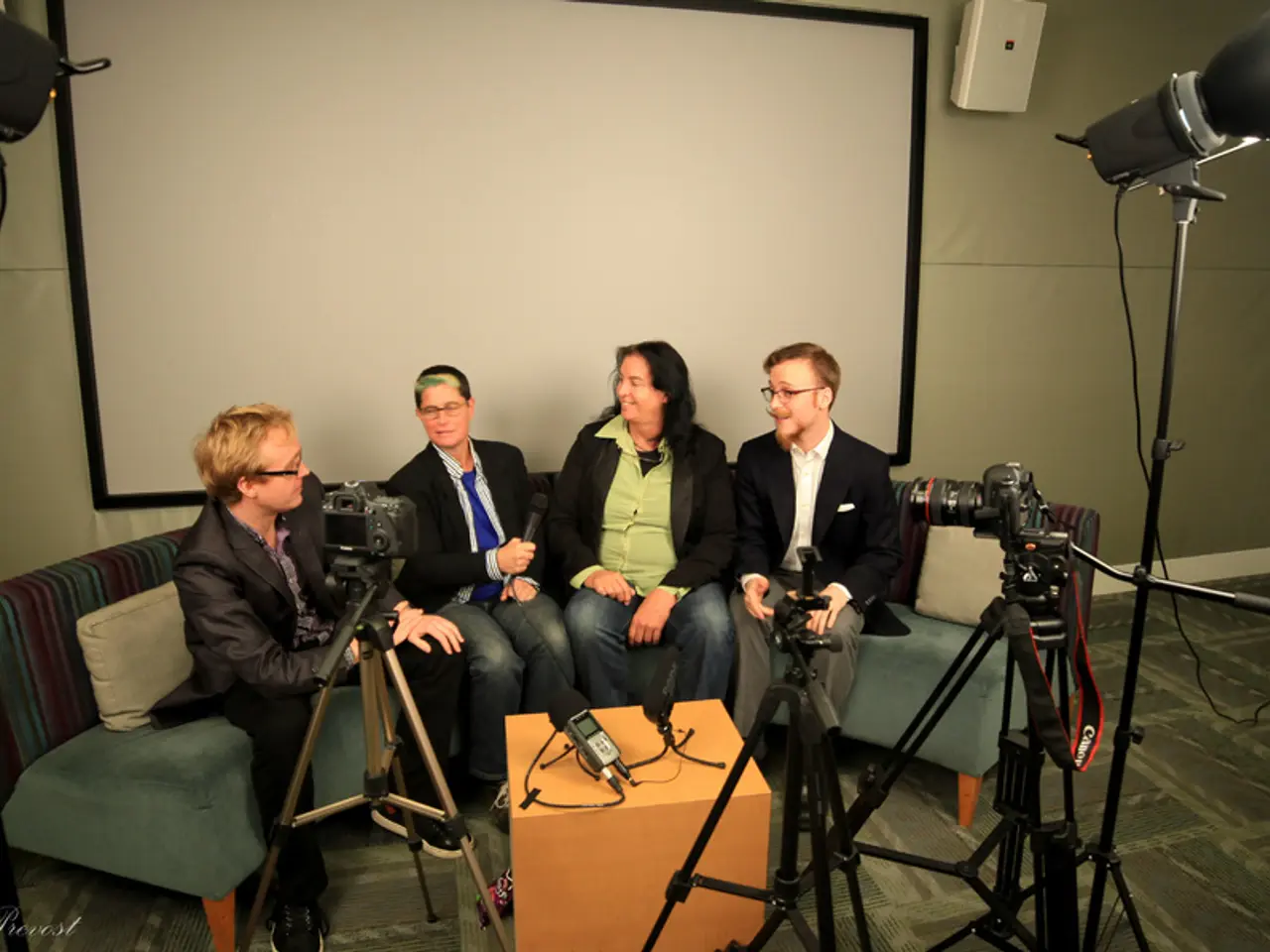Interview Approach Focused on Personality Assessment: Strategies for Recruiting Elite Candidates
Behavioral interviewing, a method that focuses on candidates' past behaviors and actions to predict future job performance, is becoming increasingly popular among recruiters. According to a LinkedIn survey, 86% of recruiters rate behavioral interviews as somewhat or very effective.
Unlike traditional unstructured interviews, behavioral interviews are designed to assess important soft skills and provide more specific, in-depth answers. By reducing bias and enabling fairer candidate comparisons, they offer a more reliable approach to hiring.
However, research indicates that structured interviews, especially when combined with cognitive ability and work sample tests, offer higher predictive validity. Structured interviews alone achieve about 51% predictive accuracy, while combining them with cognitive ability tests can reach up to 85% accuracy in predicting job performance.
Meta-analyses suggest that technical skills tests and cognitive ability are more predictive of job success than behavioral or personality assessments alone. For example, cognitive ability tests are the single best predictor with 65% accuracy, and job knowledge or work sample tests outperform behavioral assessments significantly.
Integrating behavioral interviewing into the hiring process requires preparation. Start by skimming resumes, identifying core competencies, and preparing STAR-style questions. The STAR method, developed in the 1970s, helps interviewers understand a candidate's problem-solving skills, decision-making abilities, and ability to get things done.
Advanced behavioral interviewing techniques include the funnel approach and behavioral questioning sequences, which help interviewers dig deeper and understand a candidate's thought process. After the interview, go over your notes right away, use your rating scale to score each competency, and compare your scores to spot where the candidate shines or flops.
It's important to ask about failures and challenges, as these questions often provide valuable insights into a candidate's character, resilience, and learning ability. The contrast method, which involves asking candidates to share both a success and a failure in the same skill area, can help spot growth mindset and differentiate between candidates who are open to learning from those who believe they are always right.
Behavioral interviewing is a powerful tool for hiring better people, as it helps cut through the fluff and find out how someone really works based on what they've actually done, not what they say they would do. By transforming hiring from an intuition-based to an evidence-based process, behavioral interviewing is making a significant impact on the world of recruitment.
A successful candidate's mindset can be assessed through behavioral interviews, as questions about failures and challenges often reveal resilience and a growth mindset. To further evaluate a candidate's skills, consider incorporating structured interviews, cognitive ability tests, and work sample tests, which have been shown to have higher predictive validity for job performance. Focusing on education and self-development, as well as career and skills training, can enhance a candidate's ability to demonstrate valuable soft skills during the behavioral interview process.




